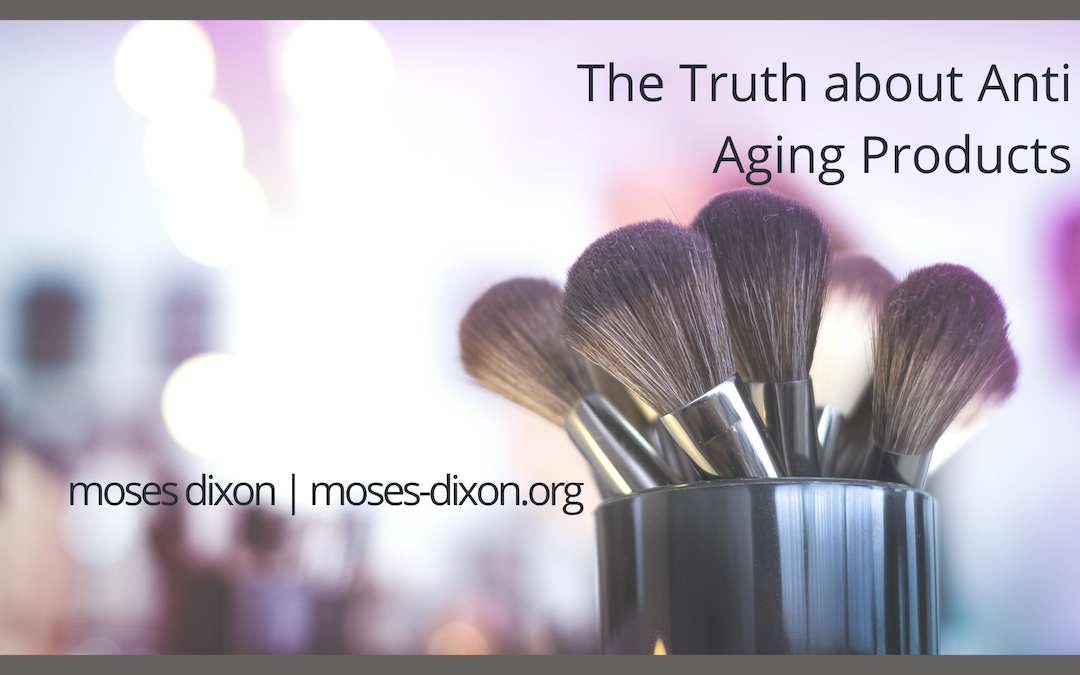The one thing that people wish for is the ability to turn back the clock, especially when it comes to the aging process. The beauty and cosmetology industries are well aware of this, and they are constantly promoting the next great idea to guarantee a revolutionary new formula with a new secret ingredient that has shown results practically overnight.
The reality is that the human body ages at a cellular level. Our cells grow and replicate over and over but they have a finite lifespan. This means they have a predetermined, genetic point that tells them when it’s time to stop duplicating. In addition, the plasma membrane of the cell gains fatty acids as we age, which decreases the fluidity of the membrane. This makes it harder for important things to pass through such as ions, amino acids, nutrients, and proteins. The cell is further prevented from dividing by sulfur atoms in the DNA of a cell’s nucleus, which, in turn, decreases RNA synthesis, reducing the cell’s ability to repair and divide. The biggest change is that DNA enzymes move away from the nucleus to the cytoplasm part of the cell and ceases to function properly. The amount of RNA decreases, leading to decreases in protein and mitochondria. The cell ceases to produce energy and can’t break down waste from proteins, carbohydrates, and fats. The waste builds up inside the cell.
Knowing all this, it would make sense that the only industry capable of inventing anti aging products would be molecular biologists. However, the anti-aging industry brings in profits of approximately $14 billion annually. People want to believe that there is a solution. Dermatologists have debunked several beauty myths, such as expensive products being more effective than cheaper ones. That is just marketing and packaging trying to convince your mind that a higher sticker price means something has more value.
Another myth is that anti aging products will work immediately, when the truth is more like four to eight weeks to really notice any significant changes, such as with under eye cream. They also point out that not enough attention is placed on the power of sunscreen when it comes to skin protection. Even brief sun exposure on a cloudy day for 10 to 15 minutes a day adds up and can cause significant sun damage and accelerated aging. Experts advise to wear sunscreen every single day between 10 a.m. and 4 p.m.
